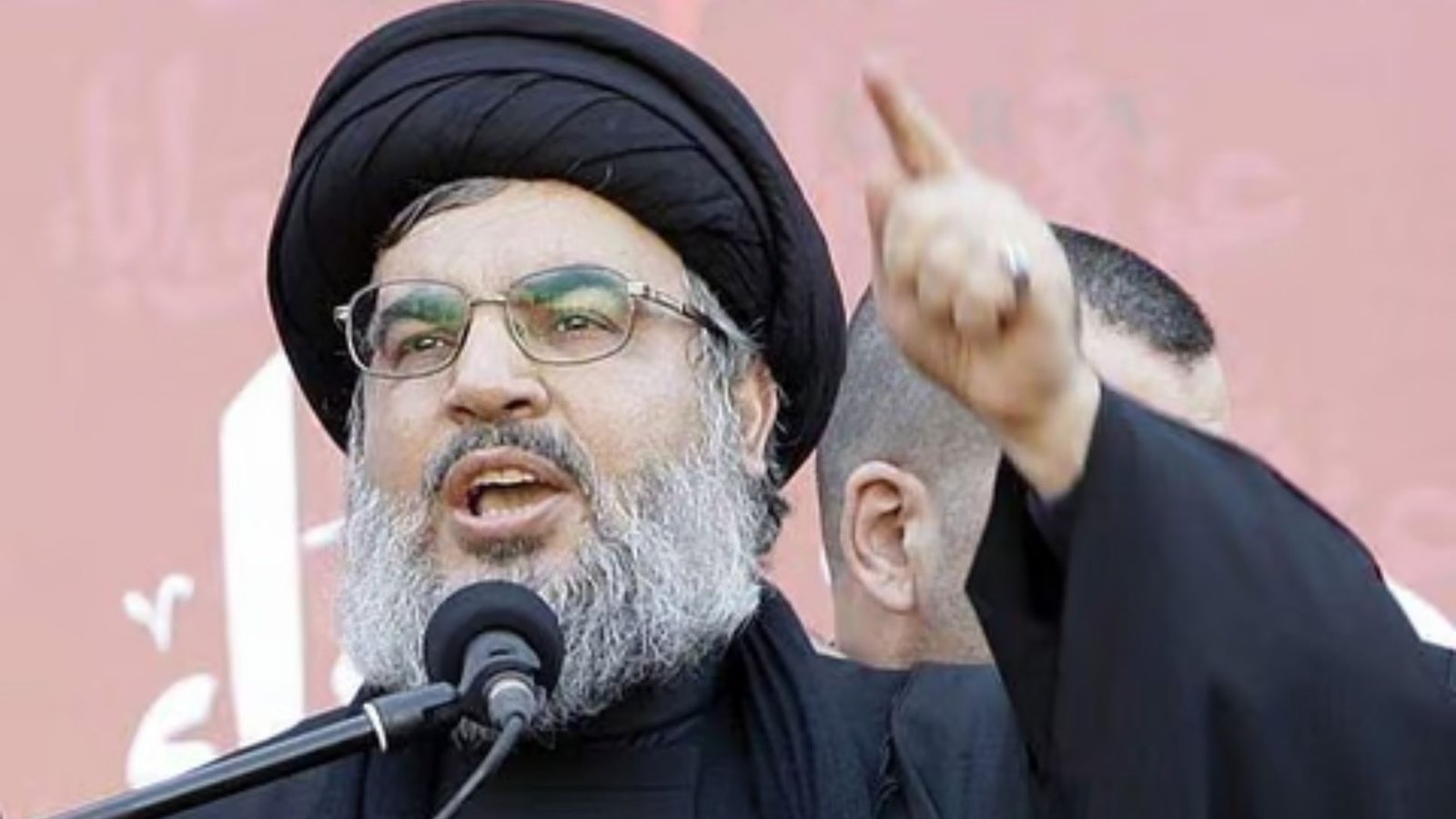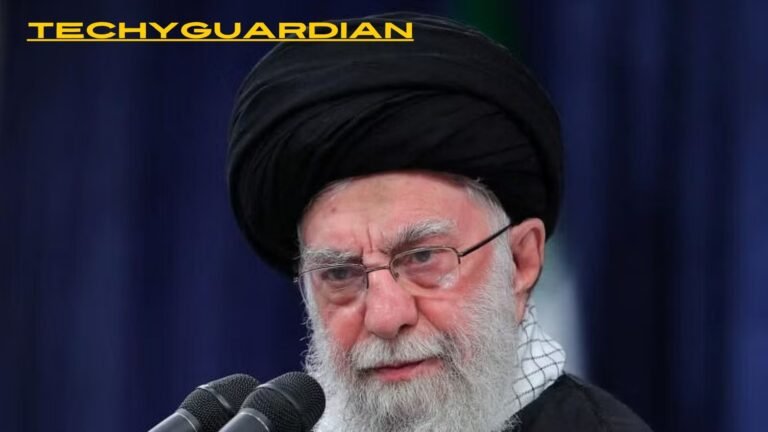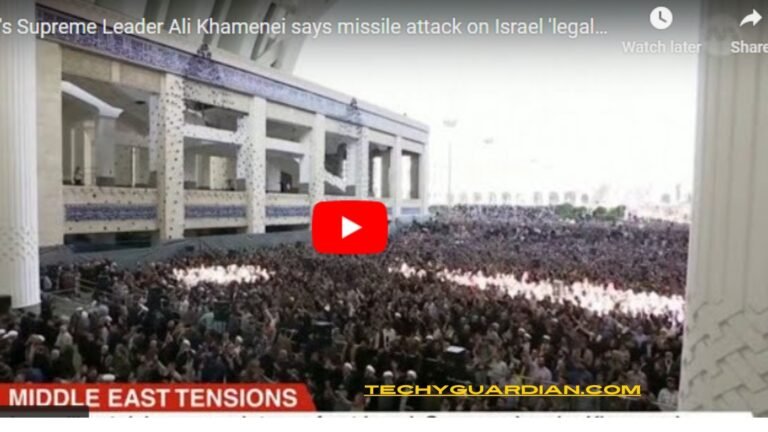
Hassan Nasrallah
Early Life and Political Beginnings
Hassan Nasrallah, a key figure in Middle Eastern geopolitics, has been a central player in Lebanon’s political and military landscape for decades. Born on August 31, 1960, in the Bourj Hammoud district of Beirut, Hassan Nasrallah rise to prominence was shaped by the tumultuous socio-political environment of Lebanon, a country marked by religious and sectarian divides. His early involvement in religious studies and political activism was influenced by the Shiite clerical establishment, which was gaining ground amidst growing tensions between various political factions in Lebanon.
Hassan Nasrallah early education began at the Hawza religious seminary in Najaf, Iraq, where he developed a deep understanding of Islamic theology and jurisprudence. This experience was critical in shaping his political ideology, particularly his views on resistance against foreign occupation and imperialism. His commitment to the cause of the Shiite Muslim community was evident even in his youth, setting the stage for his future leadership in the Hezbollah movement.
The Formation of Hezbollah
In the wake of the 1982 Israeli invasion of Lebanon, a group of Shiite clerics and militants formed Hezbollah, or “the Party of God.” Hassan Nasrallah was an integral part of this formation, although he did not become the leader until several years later. Hezbollah was established with the primary objective of resisting Israeli occupation in southern Lebanon, as well as promoting an Islamic state model based on Iran’s revolutionary ideology.
Nasrallah quickly rose through the ranks of Hezbollah due to his charismatic leadership and strategic vision. His military prowess was demonstrated in several key operations against Israeli forces in the mid-1980s, further cementing his reputation as a formidable adversary. By 1992, following the assassination of then-leader Abbas al-Musawi by Israeli forces, Nasrallah assumed leadership of Hezbollah.
Nasrallah’s Leadership Style and Vision
Under Hassan Nasrallah leadership, Hezbollah transitioned from being a small resistance group into one of the most powerful military and political entities in Lebanon. His visionary approach allowed Hezbollah to evolve into a multifaceted organization, encompassing a robust military wing, a political party, and extensive social services that cater to Lebanon’s Shiite population.
One of Nasrallah’s key leadership traits is his ability to combine military tactics with political strategy. He is widely regarded as a shrewd tactician who understands the complexities of Lebanon’s political system and the broader regional dynamics. His leadership also reflects an unwavering commitment to the axis of resistance, which includes alliances with Iran and Syria. This axis has provided Hezbollah with the military, financial, and logistical support needed to maintain its operations and resist Israeli advances.
Nasrallah’s rhetorical skills have also played a pivotal role in mobilizing his base. His speeches, often broadcast on Hezbollah’s media network Al-Manar, are powerful tools for galvanizing support among Lebanon’s Shiite population and the broader Arab world. His ability to communicate the group’s ideology and objectives in a way that resonates with the public has made him a significant figure not just in Lebanon, but across the Middle East.
Read More; Israel’s Hezbollah Fires Thousands of Rockets at Akko
Hezbollah’s Role in the Israel-Lebanon Conflict
Hassan Nasrallah’s leadership of Hezbollah has been defined by the organization’s confrontations with Israel. The most notable of these confrontations occurred during the 2006 Lebanon War, when Hezbollah and Israeli forces engaged in a month-long conflict that resulted in significant casualties and destruction on both sides. Under Nasrallah’s command, Hezbollah proved to be a formidable opponent, employing guerrilla warfare tactics, launching rockets into northern Israel, and using advanced anti-tank missiles to challenge Israeli military superiority.
The 2006 war, though devastating for Lebanon, was perceived as a symbolic victory for Hezbollah. Despite the heavy toll on civilian infrastructure and lives, Nasrallah’s ability to withstand the Israeli assault enhanced his popularity among many in the Arab world. His assertion that Hezbollah had achieved a “divine victory” in the war became a rallying cry for resistance movements throughout the region.
In the years following the 2006 war, Hezbollah has continued to build its military capabilities under Nasrallah’s leadership. The organization is believed to possess a sophisticated arsenal of rockets and missiles, many of which are supplied by Iran. This military buildup has allowed Hezbollah to maintain its position as a central player in Lebanon’s defense strategy, as well as a key actor in the broader Israel-Hezbollah conflict.
Read More: Lebanon Under Attack: Multiple Killings, Death Toll Rises as Israeli Warplanes Target Hezbollah
Hezbollah’s Political Influence in Lebanon
In addition to its military role, Hezbollah has become a dominant political force in Lebanon. Under Nasrallah’s leadership, the organization has successfully navigated the complex Lebanese political system, securing seats in parliament and forming alliances with other political factions. Hezbollah’s political influence is particularly strong in regions with a large Shiite population, where it provides essential services such as healthcare, education, and welfare.
Nasrallah’s ability to balance Hezbollah’s military objectives with its political aspirations has been a key factor in the group’s enduring influence in Lebanon. He has managed to portray Hezbollah as both a defender of Lebanon’s sovereignty and a provider of critical social services, which has helped the organization maintain popular support even in the face of criticism from other political factions and international actors.
Read More: Iraqi Resistance Joins Lebanon War: Hezbollah Rejoices, Israel Faces New Threat
Regional and International Relations
Hassan Nasrallah’s leadership has not only shaped Hezbollah’s role within Lebanon, but also its position in the broader Middle Eastern geopolitical landscape. Hezbollah’s close ties to Iran and Syria have been instrumental in the group’s ability to sustain itself both militarily and financially. Iran, in particular, has been a crucial ally, providing Hezbollah with significant military and financial support since its inception.
Nasrallah’s relationship with Iran’s leadership is a cornerstone of Hezbollah’s strategic vision. His adherence to the ideological framework set forth by Iran’s Supreme Leader has allowed Hezbollah to position itself as a key player in the “Axis of Resistance”, which opposes Western and Israeli influence in the Middle East. This has also led to Hezbollah’s involvement in regional conflicts, most notably in Syria, where the group has provided crucial support to Bashar al-Assad’s regime in the Syrian Civil War.
Nasrallah’s Legacy and Future Prospects
As of today, Hassan Nasrallah remains one of the most influential figures in the Middle East. His leadership of Hezbollah has transformed the organization from a local resistance group into a regional power with significant influence over Lebanon’s political and military landscape. While his tenure has been marked by conflict and controversy, his ability to maintain Hezbollah’s relevance in both Lebanese and regional politics is undeniable.
Looking ahead, Nasrallah’s future will likely be shaped by regional tensions, particularly with Israel and the ongoing conflicts in Syria and the broader Middle East. His continued leadership of Hezbollah, coupled with the group’s strong ties to Iran, suggests that Nasrallah will remain a central figure in Middle Eastern geopolitics for years to come.






2 thoughts on “Who is Hassan Nasrallah, Israel’s Longtime Adversary in Lebanon?”